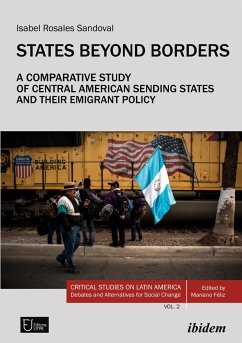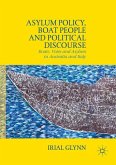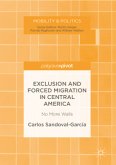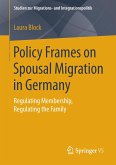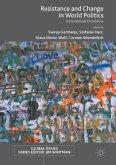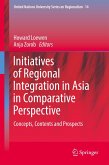The study of migration in political science, and particularly in international relations, has tended to focus on the study of immigration. However, sending states are increasingly institutionalizing their policies and programs to include emigrants living outside the national territory. In her monograph, Isabel Rosales Sandoval focuses on the factors that influence the implementation of the policies that sending states have adopted to reach out to their citizens abroad. Specifically, she investigates why and how sending states implement transnational emigrant policies. Her comparative study of three Central American sending states-El Salvador, Guatemala, and Honduras-identifies four policy categories that these states have developed: 1) recognizing the emigrant community through the creation of institutions; 2) cultivating loyalties in the emigrant community through symbolic policies; 3) extending emigrant rights; and 4) extracting resources by incorporating migrants into the national economy. However, the motivation for the policies does not exactly correspond to the assumptions and typologies of existing theories on the subject, which tend to focus on international factors. The argument the author presents is that the characteristics of these three cases are better explained by domestic political factors. These are: 1) the importance of the size and potential impact of the emigrant communities; 2) party system competitiveness; and 3) the sending states' institutional capacity to implement policies.
"This is a thought-provoking, insightful, and well-designed study, which will no doubt make a significant and original contribution to the knowledge in the field of migration and emigration policies in Central America and beyond." -- Detlef Nolte, Professor of Political Science, University of Hamburg

